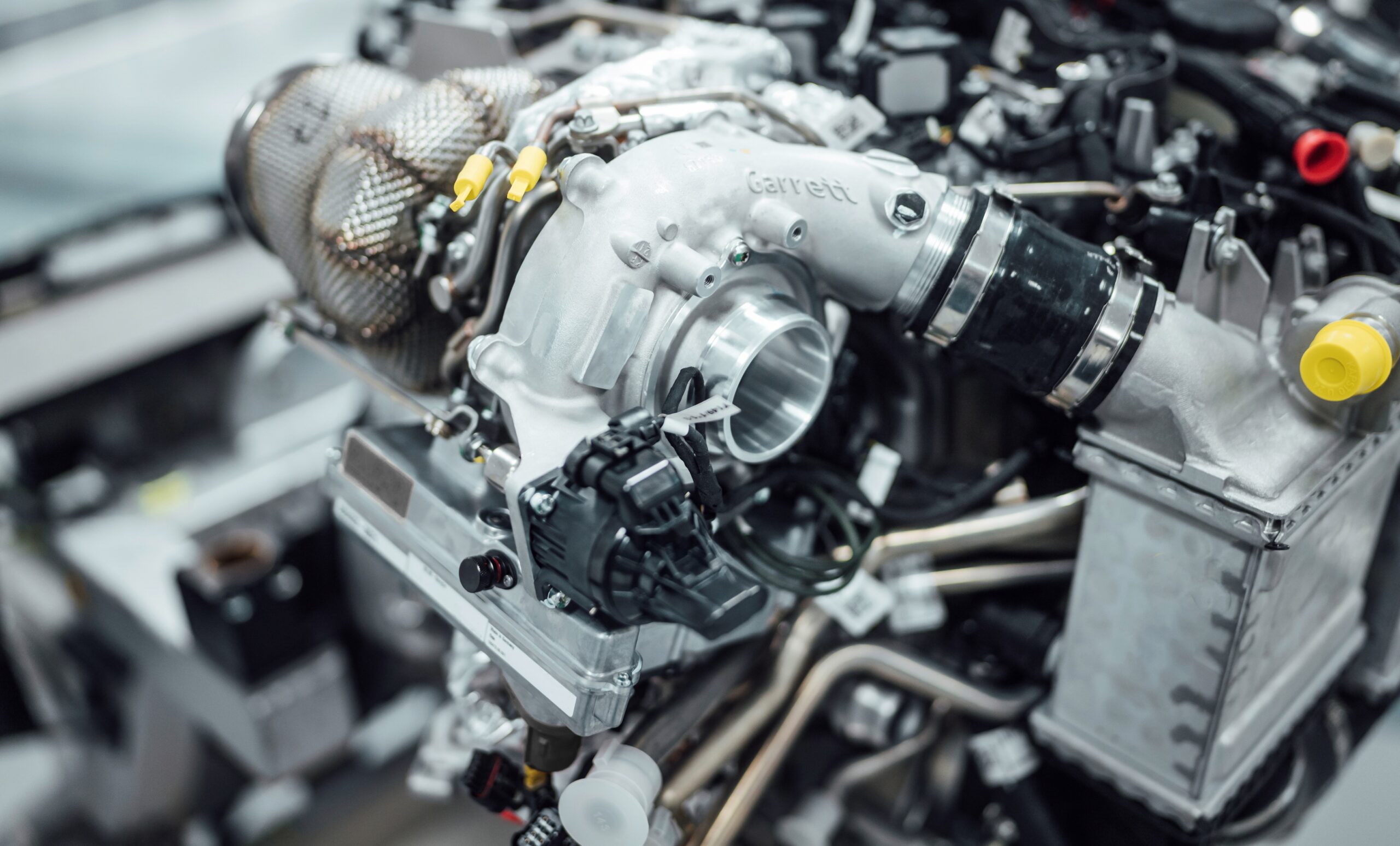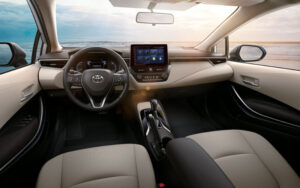
Diesel Turbochargers: Enhancing Efficiency and Performance
In the dynamic landscape of automotive engineering, the diesel turbocharger stands out as a pivotal innovation, enhancing not only the efficiency and performance of diesel engines but also contributing significantly to reductions in emissions. This comprehensive article delves into the mechanics, benefits, and advancements of diesel turbochargers, underscoring their critical role in modern diesel engine technology.
Understanding Diesel Turbochargers
A diesel turbocharger is a type of forced induction system specifically designed for diesel engines. It compresses the air entering the engine, allowing more air to enter each cylinder. This increase in air enables the engine to burn more fuel, which in turn produces more power without increasing engine displacement. Turbocharging is particularly effective in diesel engines due to their need for high torque and efficiency, especially under load.
How Diesel Turbochargers Work
The basic operation of a diesel turbocharger revolves around two main components: the turbine and the compressor, which are connected by a common shaft. The exhaust gases from the engine drive the turbine, which in turn rotates the compressor. The compressor draws in ambient air, compresses it, and then delivers the pressurized air to the engine’s intake. This pressurized air allows the engine to burn more fuel, generating more power per engine cycle.
The efficiency of diesel turbochargers comes from their ability to reclaim and utilize the energy lost in the engine’s exhaust gases. By converting this otherwise wasted energy into useful work, turbochargers enhance the overall efficiency of the engine.
The Benefits of Diesel Turbochargers
1. Increased Engine Power and Efficiency:
- Turbochargers significantly improve the power output of diesel engines. They allow for smaller engine displacements while maintaining the same power level, which can lead to better fuel economy and reduced emissions.
2. Reduced Emissions:
- By improving the efficiency of diesel engines, turbochargers help in reducing the release of harmful emissions such as carbon dioxide and particulate matter. This is particularly important given the stringent environmental regulations facing diesel engines.
3. Improved Altitude Performance:
- Diesel turbochargers compensate for reduced oxygen levels at higher altitudes. The compression of intake air ensures that sufficient oxygen reaches the engine’s combustion chamber, maintaining engine performance irrespective of altitude.
4. Enhanced Engine Durability:
- By enabling the use of smaller engines to produce the same power, turbochargers can reduce the overall physical strain on the engine components, potentially extending engine life.
Challenges Associated with Diesel Turbochargers
Despite their numerous benefits, diesel turbochargers come with their own set of challenges:
1. Turbo Lag:
- Turbo lag is the time delay between when the throttle is opened and when the turbocharger delivers increased power. This can affect the responsiveness of the engine, although advancements in technology are continually reducing lag times.
2. Complexity and Maintenance:
- Turbocharged diesel engines are more complex than their naturally aspirated counterparts. This complexity can lead to higher maintenance and repair costs, as well as the need for more frequent servicing.
3. Heat Generation:
- Turbochargers operate at very high temperatures due to the heat from the engine’s exhaust. Managing this heat is crucial to prevent damage to the turbocharger and engine.
Technological Advancements in Diesel Turbochargers
The evolution of diesel turbochargers has been marked by significant technological advancements aimed at overcoming their inherent challenges:
1. Variable Geometry Turbochargers (VGTs):
- VGTs adjust the flow of exhaust gases to the turbine based on engine speed, effectively reducing turbo lag and improving low-speed torque.
2. Twin-Turbo Systems:
- Employing two turbochargers of different sizes ensures quick response at low speeds (using the smaller turbo) and increased power at high speeds (using the larger turbo), providing an optimal balance.
3. Ball-bearing Turbochargers:
- Modern turbochargers use ball bearings instead of fluid bearings for the turbine shaft. This reduces friction, enhancing the responsiveness and efficiency of the turbocharger.
Future Prospects
As emission regulations become stricter and the demand for fuel-efficient vehicles grows, diesel turbochargers are expected to play an even more critical role in automotive technology. Innovations such as electrically assisted turbochargers and integrated exhaust manifold technology will continue to push the boundaries of what is possible, making diesel engines more efficient and environmentally friendly.
Conclusion
Diesel turbochargers represent a significant technological advancement in automotive engineering, offering a perfect blend of power, efficiency, and environmental compliance. As technology advances, the scope and effectiveness of diesel turbochargers are only expected to improve, ensuring that diesel engines remain a viable and competitive option in the global automotive market. Through continued innovation and development, diesel turbochargers will continue to enhance the capabilities of diesel engines, meeting the demands of the modern world while addressing environmental concerns.

